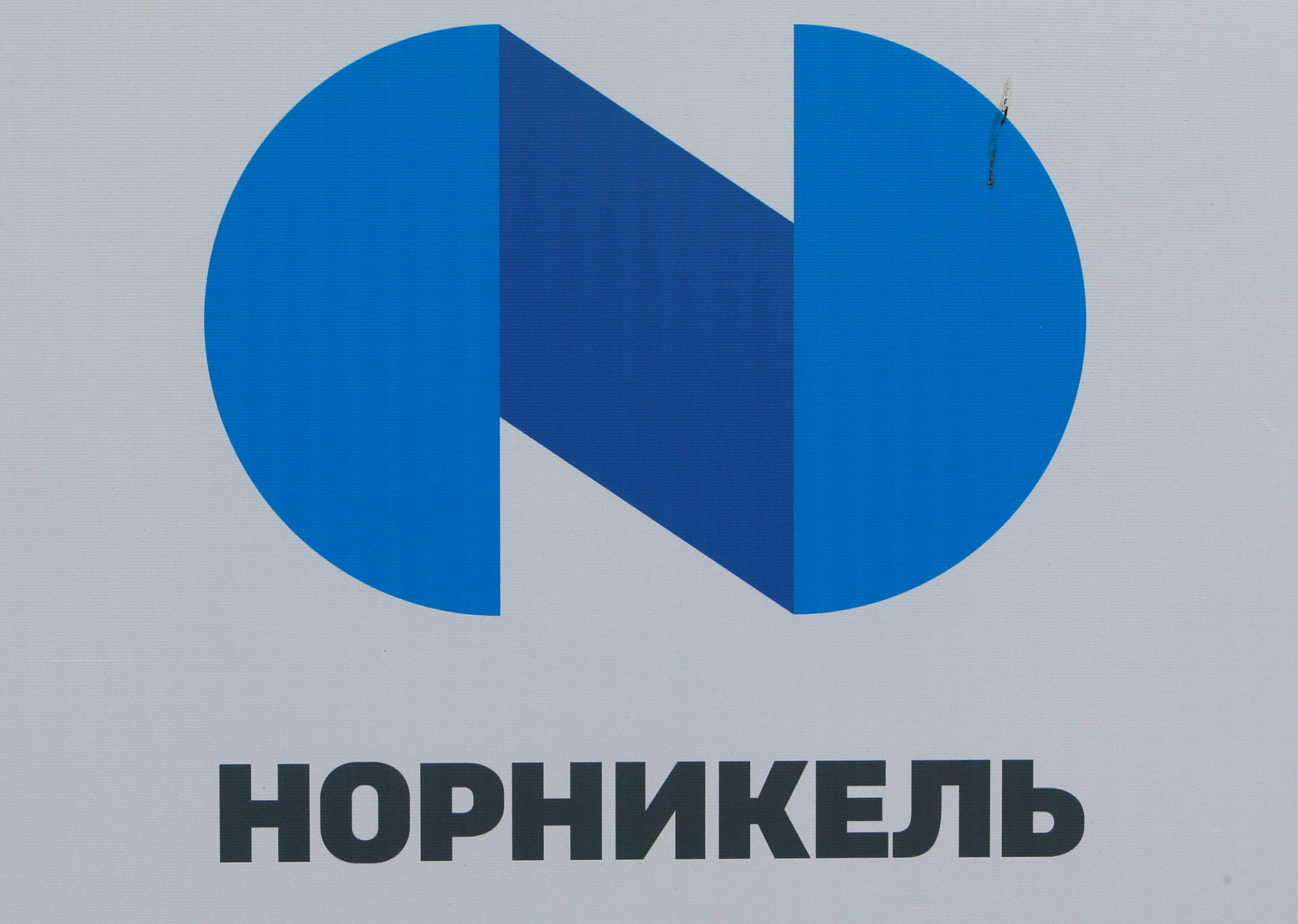Nornickel says it collected more than 90 percent of the fuel leaked into rivers by an Arctic spill
The announcement after Russia's environment watchdog sued a company subsidiary for an unprecedented $2 billion in damages over the spill.

MOSCOW — Russia’s Norilsk Nickel (Nornickel) said on Friday that it had collected more than 90 percent of fuel leaked into rivers during its Arctic fuel spill earlier this year, or about 12,000 tonnes.
The spill occurred on May 29 after a fuel tank lost pressure and released 21,000 tonnes of diesel into rivers and subsoil near the city of Norilsk in Siberia. Greenpeace has compared the incident to the 1989 Exxon Valdez oil spill off Alaska.
“As of today, it can be assumed that what we have collected and separated is exactly the (amount of) fuel that got into the water,” Nornickel first vice-president Sergey Dyachenko told reporters.
Some environmental campaigners have said they doubt Nornickel’s assertions that it has been able to recover 90 percent of the leaked diesel, citing similar cleanups in the past around the world.
[Russian watchdog files $2 billion lawsuit against Nornickel for fuel spill damage]
Earlier this week, Russia’s state environment watchdog, Rosprirodnadzor filed a lawsuit against a power business owned by Nornickel, the $41-billion mining giant, to claim $2 billion for environmental damage caused by the leak.
Nornickel disagrees with a formula used by the watchdog to estimate the $2 billion damage from the spill, which, Nornickel said, was based on more than 19,000 tonnes of fuel leaked into the rivers, Dyachenko said.
Nornickel believes that filing the lawsuit was premature as it was hoping for an out-of-court settlement. It had already set aside $2 billion in reserves, which caused a slump in its first-half net profit.
The size of the damages claim is unprecedented both for Russia and emerging markets. For Russia, money from this claim would help the state budget amid the coronavirus pandemic and send a message to other companies that underinvestment in maintenance is unacceptable, analysts have said.
Fitch ratings agency said earlier this week that the damage claimed from Nornickel indicates growing financial exposure of commodity companies operating in emerging markets to environmental, social and governance (ESG) factors.
Reporting by Anastasia Lyrchikova; writing by Polina Devitt.